The Last of Us, Neil Druckmann and Less Being More
Now that development on the game is over, we speak again to The Last of Us creative director Neil Druckmann about his work, his hopes and how he feels now the three-year long project is complete.
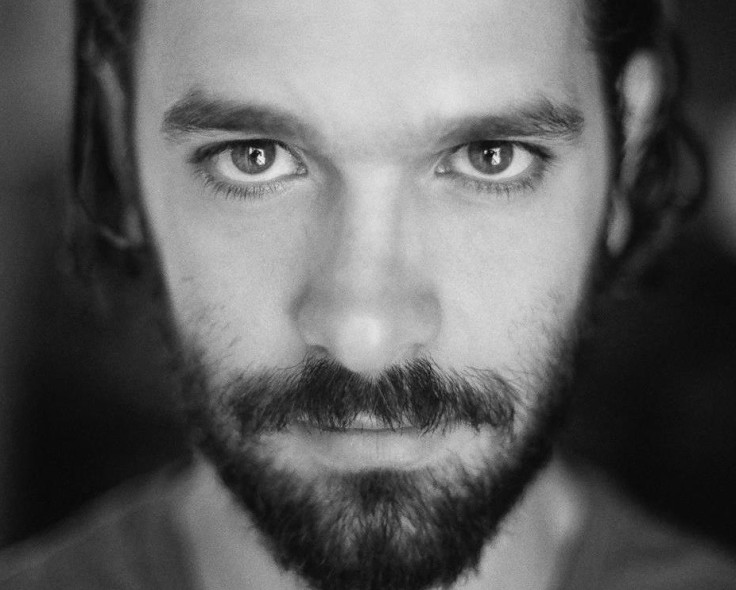
"Less" is a dirty word in games. Particularly to consumers, and by proxy publishers, the idea of less means less playtime; less fun; less value for money. We constantly weigh up games based on how long they are and what features they have. Your campaign is only seven hours? Too short. You don't have multiplayer? Screw you. This pervasive desire (God knows where it came from) for more, more, more has led to a canon of stuffed and bloated videogames overpacked with "content." Look at Call of Duty. Look at Assassin's Creed III.
Must Read: The Last of Us Review [VIDEO]
The Last of Us, written by Neil Druckmann, has the potential to be another one of these. On its surface, it's a zombie-themed shooter, the kind of thing in which you'd normally find wacky weapons, fantastical settings and larger than life characters. But Druckmann and the rest of the team at Naughty Dog have cut through genre expectations; over the game's three-year development time, it's been as much a case of taking ideas out as putting them in.
"We had concepts of things like plants that would trap you and they were fully implemented," explains Druckmann. "Then a few weeks would go by and we'd say no, cut it, it's too much.
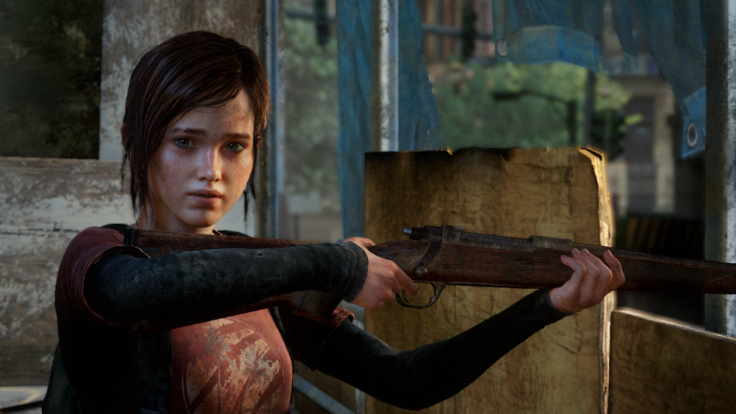
"We had entire cutscenes that were animated and finished, but people would come up to me and say this would be better if it was playable, and we'd end up throwing away all this work and recapturing it all. We toyed, in fact, with even cutting the infected out completely, because they were taking us into things we wanted to avoid."
Druckman adds: "We had to throw away big parts. Even if it was fun gameplay, if it was breaking the reality, we'd remove it. That's the policy at Naughty Dog: Nothing is precious."
Characters
As a result of Druckmann and Naughty Dog's rigorous cutting, The Last of Us is grounded, opaque and quiet. It has this understated editing style where music only filters in occasionally and scenes finish with a smash cut to black.
Contrary to a lot of AAA games, which shoot for melodrama and size, The Last of Us gives precedent to its characters.
"That temptation to go fantastical is always there," says Druckmann. "A lot of people might see this as a typical zombie game and will expect that stuff, but we had this ambition, the whole way through, of keeping it very grounded.
"Creativity flows through constraints. You let go of one thing, then you let go of another and pretty soon you have flying creatures. And if we did it fantastical, we'd spend 70% of our time setting up the rules and lore of this kind of alien world, rather than focusing on the nuances of main characters, Joel and Ellie. We already know the real world so let's set it there. If we went fantastical, the characters would suffer."
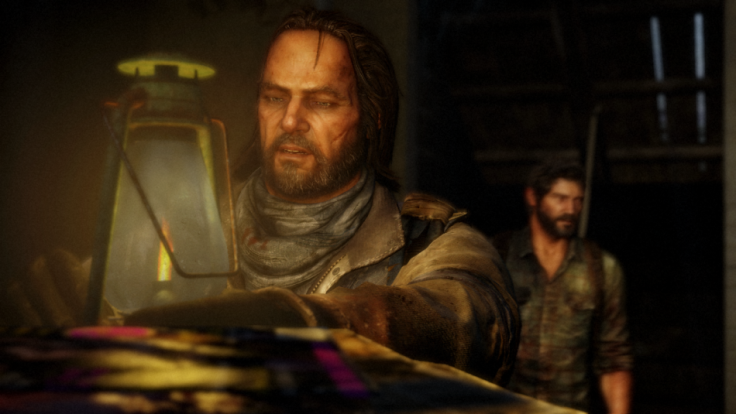
But, as Druckmann says, when you're working on an apocalyptic horror game, restraint doesn't always come easy:
"The Last of Us is the hardest game we've ever worked on because every mechanic had to be scrutinised. You feel a lot of pressure to add things to make it 'more fun' and it gets super difficult to keep those out sometimes.
"That nuanced, subtle style of writing is hard because it doesn't seem to work until everything is fitted together. But we have faith in our audience. I think holding off on answers or not answering is way more interesting. It's much better than us spoon-feeding how you should feel."
Troy Baker and Ashley Johnson
As well as giving players something to chew on, Druckmann wanted to give his actors the space to make roles their own. The entire cast brought something to the table:
"This is my ego, but I think the performances Troy Baker and Ashley Johnson give as Joel and Ellie are the best performances you'll have ever seen in a videogame. I can't think of anything that matches what they did or the lengths they went to.
"With Joel for example, my idea was, originally, that he didn't care at all for Tess, this woman who he's partnered with in the quarantine zone. But Troy disagreed with me and said, you know, Joel's broken and he needs someone. That led to this really great performance.
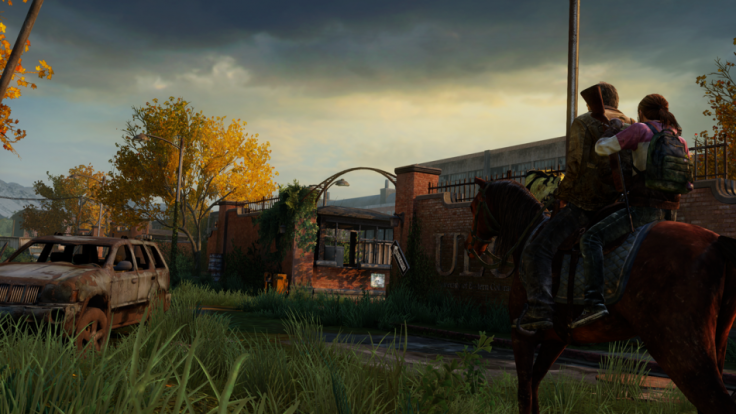
"There are other examples. We have a character who's gay, but it was the actor that made that decision. I left it vague on purpose so the actor could interpret it, and when we did the the table read, they were like, yeah, this character's gay, and we went in and changed some scenes to reflect that. I told the actors, if ever there was a line we could do without, let's cut the line. The easiest thing to convince me of is to do less."
Creative control
Way back in 2011, after The Last of Us had first been shown to the public, Druckmann was quoted by Eurogamer saying his goal with the project was to "change the f*****g industry." Two years on, it looks like he could do it. A game that doesn't patronise to the extent of The Last of Us has never been written; there's nothing else occupying shelf space right now that has close to the same respect for performance.
With the game now out of his hands and due for launch on 14 June, how does Druckmann feel?
"You work on something that's part of your life for three years and suddenly it just stops. People I saw on a daily basis for like 14 hours a day, I don't see anymore. It's like you're going through postpartum depression. It's not like I can play the game either; all I'd be able to see would be a bug or an awkward animation that I'd like to fix, and there's nothing I could do about it now.
"We had so much creative control," he continues. "Rather than try and play it safe, the two bosses at Naughty Dog, Evan Wells and Christophe Balestra, would always say when we needed to push it further. They'd say if we were relying too much on things from Uncharted and suggest we try these other things that would fit the game better.
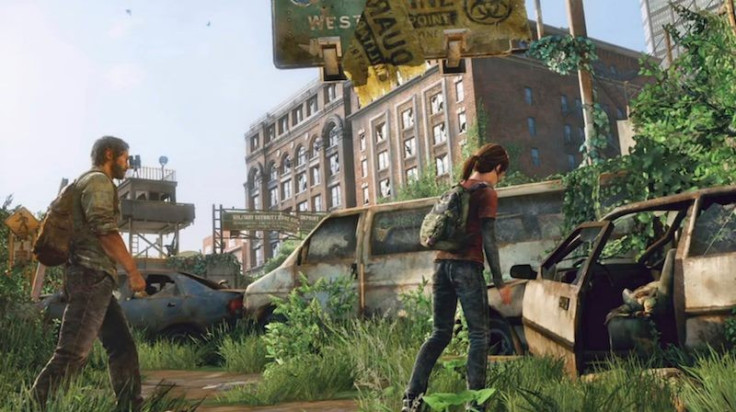
"Still, I honestly believed some executive from Sony would walk in one day and say we have to cut some of the scenes because they were too much. It never happened."
Some people are going to be surprised at The Last of Us. It's telling that during our entire 90-minute interview with Neil Druckmann, Clickers, the game's spiritual equivalent of zombies, only got mentioned once.
But take it from us: Less is more.
© Copyright IBTimes 2024. All rights reserved.























